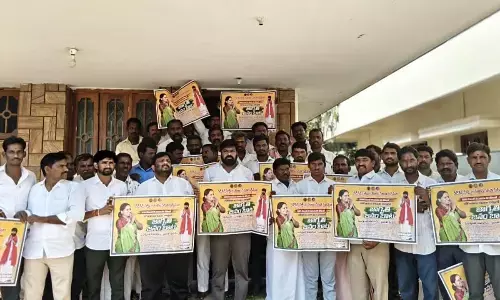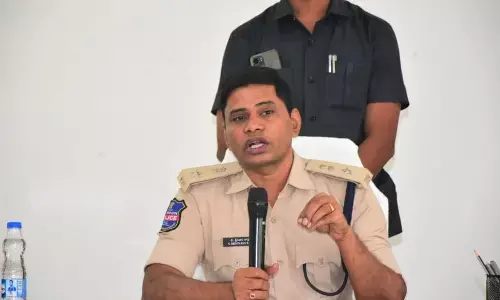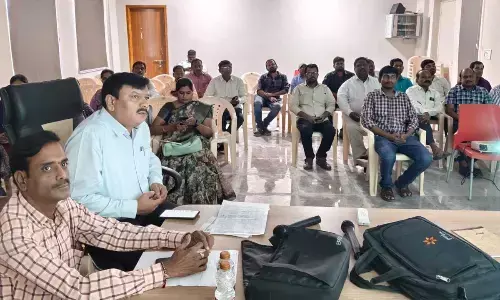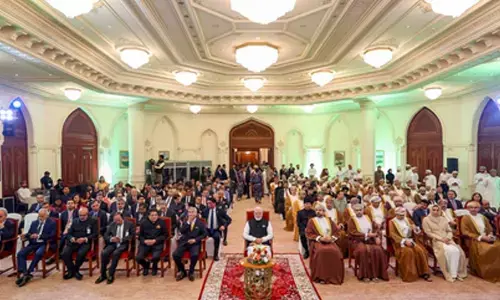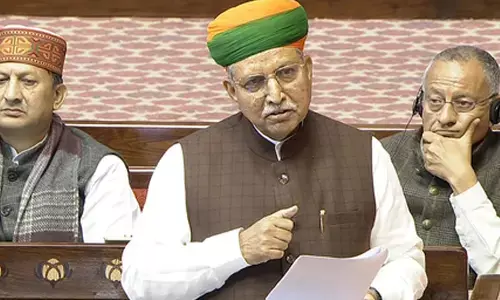The trash never stops: Indonesia battles to clean up rivers
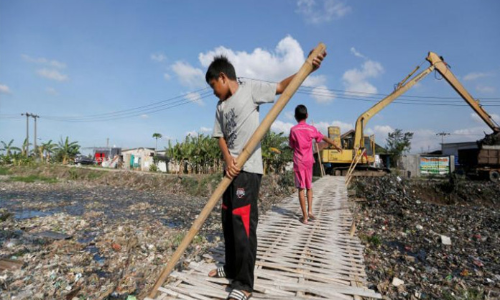
Boys played and chatted on a rickety wooden ramp under a baking sun in West Java, while just below their feet flowed one of Indonesias most horribly polluted rivers, clogged with hundreds of tonnes of smelly trash
Boys played and chatted on a rickety wooden ramp under a baking sun in West Java, while just below their feet flowed one of Indonesia's most horribly polluted rivers, clogged with hundreds of tonnes of smelly trash.
Authorities in the nation of 260 million are battling a lack of recycling culture or environmental awareness to achieve an ambitious target of a 70 percent cut in marine plastic debris by 2025, despite having devoted $1 billion a year to the task. “Every time it rains and floods, the whole village goes down to help with the trash and clean the river,” said Marzuki, a resident of Tarumajaya, on the banks of the Pisang Batu river that carries along waste from villages upstream.
“We never get tired of it, but the trash never stops coming.” Yet the river is just one of many thickly carpeted with trash formed mostly of plastic waste, of which Indonesia churns out about 3.2 million tonnes each year, with nearly half ending up in the sea, a 2015 study in the journal Science showed.
The archipelago of more than 17,000 islands is estimated to be the world's second-largest contributor of plastic pollutants in the oceans after China, the study added. As Java struggles with its rivers, the resort island of Bali this year banned the use of plastic bags by large supermarkets and grocery stores, a measure it aims to widen to smaller shops.
Yet that caused its own backlash. “I've seen people protest because they didn't get plastic bags after they shop,” said one supermarket shopper, Thomas Wibowo, while adding that he understood the need to cut back. “I think this is also a global issue, not just a national problem,” said Ida Bagus Rai Dharmawijaya Mantra, the mayor of Bali's capital of Denpasar. “I've seen that a lot of citizens are accepting and helping of this movement, including tourists. They too want to help replace plastic bags,” he added.









